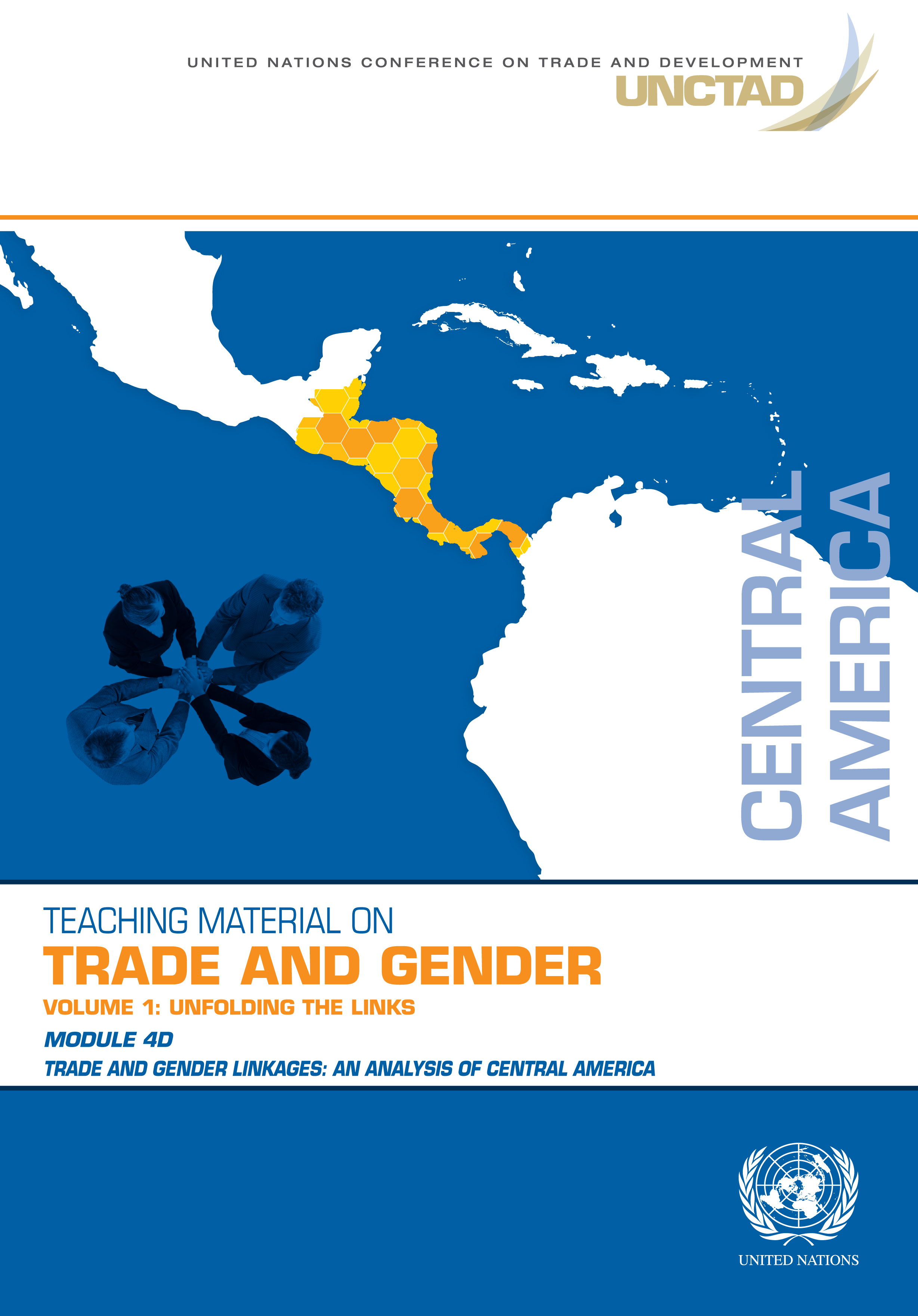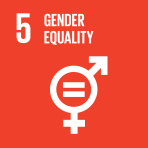Gender-related outputs: An assessment of the various dimensions of gender inequalities

- Author: United Nations Conference on Trade and Development
- Main Title: Trade and Gender Linkages: An Analysis of Central America , pp 7-17
- Publication Date: February 2021
- DOI: https://doi.org/10.18356/9789210053402c003
- Language: English
Gender inequality remains a significant barrier to human development despite some progress since 1990, negatively affecting women’s ability to develop their capabilities, empowerment and autonomy (UNDP, 2019). Gendered power relations shape economic institutions, transactions, and relations, and gender bias operates and affects women in their economic roles as workers, producers, traders, consumers and taxpayers. Any economic analysis must examine the economy from a gender perspective, taking into account both productive and reproductive activities. Module 1 identified three domains of gender equality that are important for women’s participation in the economy: (i) capabilities, which refers to achievements of basic human abilities (e.g. education and health); (ii) access to resources and opportunities, which refers to conditions that enable individuals to earn adequate livelihoods through access to economic assets such as land, property and infrastructure, access to income and employment, and by exercising their decisionmaking power; and (iii) security, which refers to vulnerability to violence and conflict.
-
From This Site
/content/books/9789210053402c003dcterms_title,dcterms_subject,pub_keyword-contentType:Journal -contentType:Contributor -contentType:Concept -contentType:Institution105



